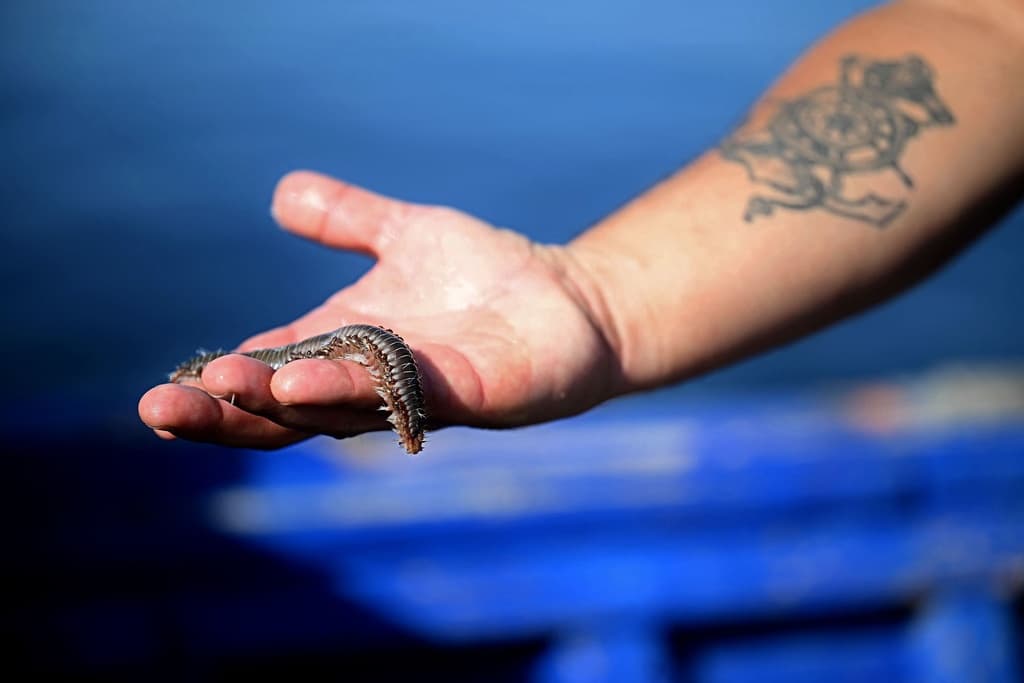The recent heat in the Mediterranean has reached near record levels from last summer. In some areas along the Spanish, Italian, and French coasts, 30 degrees have been measured – which is not common at this time of year.
The Mediterranean is "burning", wrote meteorologist Marta Almarcha recently on a Spanish weather site, adding that a marine heat wave is prevailing in almost the entire Mediterranean area.
On August 11, the daily median temperature in the surface water was 28.67 degrees, according to Justino Martinez, a researcher at the Institut de Ciencies del Mar in Barcelona. Snubbingly close to the record notation of 28.71 degrees from July 24 last year.
"Abnormally high"
This is the second year in a row that the temperatures in the Mediterranean's surface water are higher than the previous heat record from 2003.
The remarkable thing is not so much reaching a maximum on a certain day as observing a long period of high temperatures, even without breaking records, says Martinez to the news agency AFP.
Since 2022, the surface water temperatures have been abnormally high for long periods, even considering the prevailing climate change.
Experts have struggled to find words to describe the extreme heat records noted in the world's oceans last year. With warmer water, the risk of marine heat waves increases, which can lead to fish death, disrupt ecosystems, and favor invasive species.
A species that thrives in an increasingly warm Mediterranean is the so-called eldmask – a voracious sea cucumber that resembles a centipede and can grow up to 30 centimeters long. It devours everything from corals to dead or dying fish caught in nets.
They eat the head, the whole body, slaughter it, says fisherman Alfonso Barone to AFP outside Sicily, holding up a battered goldbrass.
Spreading
The species (Hermodice carunculata) is native to the Mediterranean, but used to be fewer in number and was only sighted outside Sicily in the summer. Now they have been seen further north and throughout the year.
With global warming, the water is warming up and becoming an ideal living environment for them. They're just getting more and more every year, says Barone.
The carnivorous creatures live mainly on rocky bottoms but can also move in sand, according to the Italian Oceanographic Institute OGS. The bristles are toxic and can cause pain, burning, swelling, and itching in humans who come into contact with them. This has led to some concern on Sicilian beaches.
Oceans play a role in combating climate change as they absorb large amounts of heat and carbon dioxide from the atmosphere.
But climate change is also affecting life in the ocean.
Rising temperatures contribute to increased oxygen deficiency. Many organisms can be negatively affected by warmer water. Populations can be wiped out by marine heat waves, and many plants and animals may struggle to adapt. The water is also becoming more acidic due to climate change.
Overall, climate change leads to a decrease in biological diversity and the extinction of certain species.
Source: SMHI






